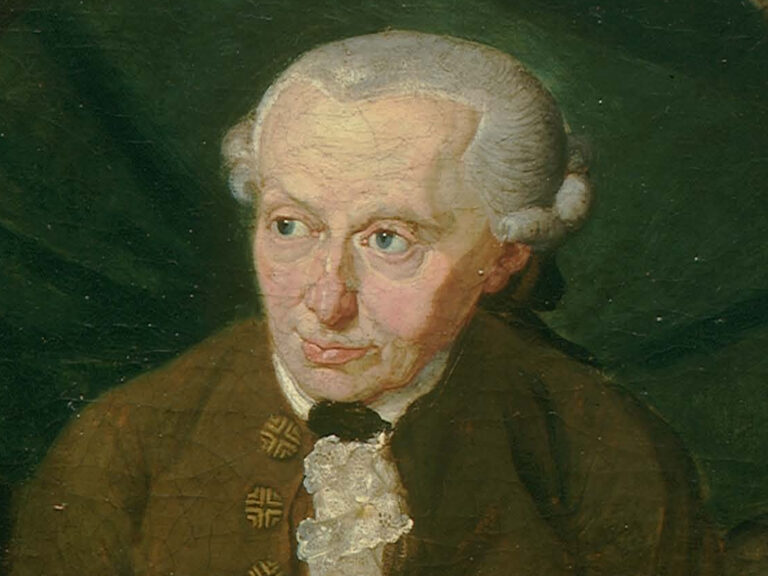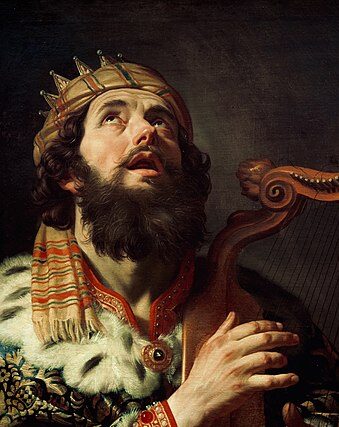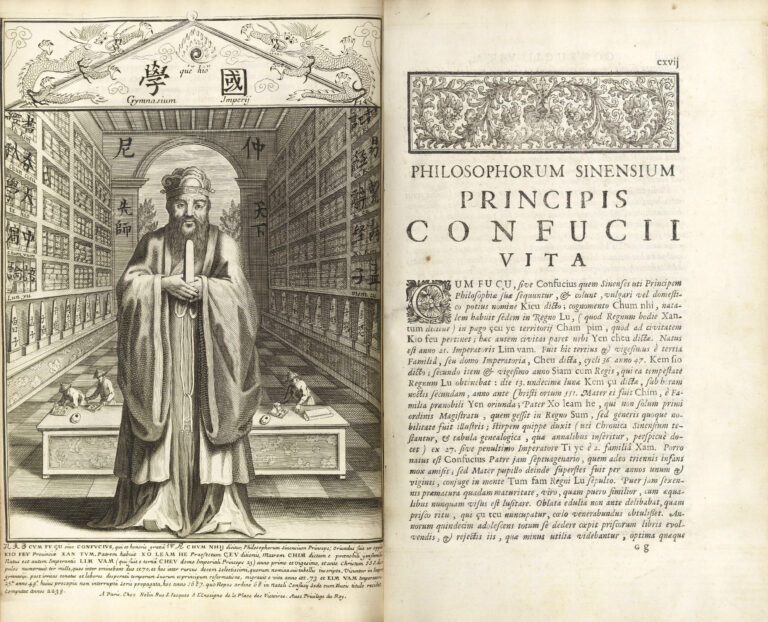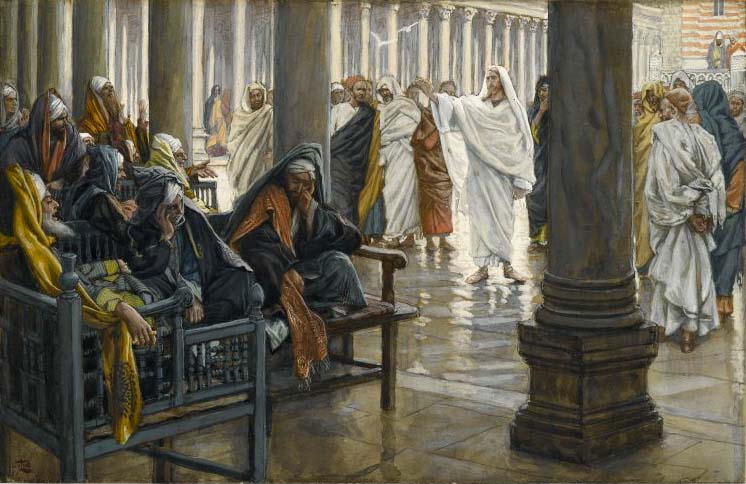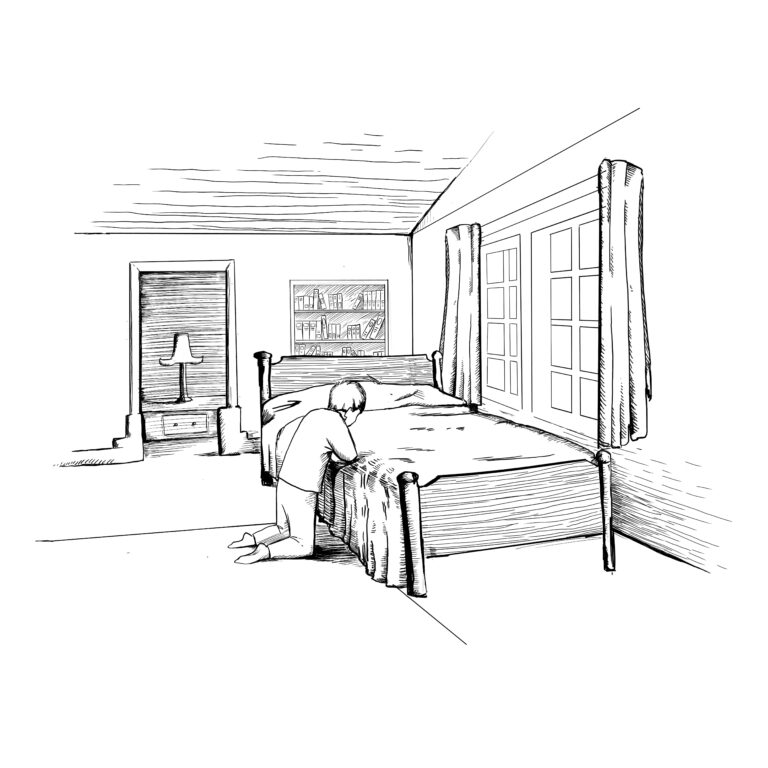The Natural Law
Many philosophers have looked to the natural law as a guide for politics and morality. But what is the natural law? What does it command?
In “Introduction to Western Philosophy,” Dr. Nathan Schlueter begins to unpack St. Thomas Aquinas’s answer to these questions.
We must first understand the eternal law of God. God has created and governs the world according to His divine wisdom. If we deny that there is order in the cosmos, we deny that it is a cosmos and instead claim it is chaos. Man, as part of creation, fits within the created order and has an end, a telos.
Since man possesses reason, he can use his reason to reflect upon the world, his own nature, and how he ought to live. When man reasons in this way, he is examining the natural law. As St. Thomas tells us, the natural law is man’s “rational participation” in the eternal law of God.
As Dr. Schlueter notes, St. Thomas follows Aristotle in saying that man’s “practical reason” identifies the good as the end of human action. Our will is attracted to what is good.
When we reflect upon our desire for what is good, we can form a precept or rule to govern our actions. The first precept for practical action states that “good is to be done and pursued, and evil is to be avoided.”
St. Thomas goes on to explain three broad categories of goods that follow from that first precept of practical reasoning: do good and avoid evil.
First, like all beings, we desire to preserve our existence. “Whatever is a means of preserving human life, and of warding off its obstacles, belongs to the natural law.” This “secondary precept” of the natural law means that the natural law commands us to preserve ourselves.
Second, like all other animals, we desire to have and raise children. Thus, procreation and “education of offspring” are also part of the natural law. Not only should we preserve ourselves, we should preserve the species.
Finally, we are rational beings. Our reason allows us to learn and to pursue truth. According to St. Thomas, we have a “natural inclination,” and therefore an obligation under the natural law, to “shun ignorance” so that we can “know the truth about God.”
Tied to our rationality, we are uniquely social beings who desire to live in community. Relationships help us provide for our own protection, and, on a higher level, offer the possibility of friendship. St. Thomas argues that if we reflect on the nature of human relationships, we will realize that to enjoy the benefits of living in society we must “avoid offending those among whom one has to live.”
As Dr. Schlueter shows, a true understanding of the natural law must begin by recognizing that there is order to the universe ordained by God. At its root, this means that we desire what is good. From that first precept, we can derive a moral code of conduct that is not arbitrary or tyrannical. Rather, it is the key to living a good and happy life.


